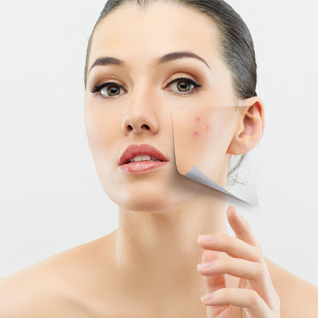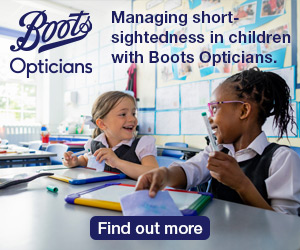
It tends to disappear by the late teens or early twenties but it can persist for longer in some people and adult acne can develop for the first time in people in their late twenties or even thirties.
What are the symptoms?
‘The typical appearance of acne is a mixture of oily skin, blackheads and whiteheads, red spots, yellow pus-filled pimples and scars,’ says the British Association of Dermatologists. ‘Occasionally, large tender spots or cysts may develop that can heal up or burst. The affected skin may feel hot, painful and be tender to touch.’
What are the causes?
Acne occurs when hair follicles – tiny holes in the skin from which individual hairs grow – become blocked by sebum (skin grease) and dead skin cells and then infected. Sebum, which is produced by sebaceous glands attached to hair follicles, lubricates the hair and skin to stop it drying out. In acne, the glands produce too much sebum which then mixes with dead skin cells to form a plug in the follicle which can result in blackheads (where a darkened plug of oil is visible) and whiteheads. The red or pus-filled spots are caused by the normally harmless bacteria which live on the skin contaminating and infecting the plugged follicle, triggering inflammation.
What treatments are available?
Treatments vary depending on the severity of your acne, which can be diagnosed by your GP after examining your spots.
Mild to moderate acne can usually be treated by topical treatments. ‘Several over the counter gels and creams contain Benzoyl peroxide that can unblock pores and kill infection-causing bacteria,’ explains Sarah Wakelin, a consultant dermatologist at St Mary’s Hospital, Imperial College Healthcare NHS Trust.
Other topical treatments may contain antibiotics which help kill the infection-causing bacteria, retinoids that reduce sebum production and prevent dead skin cells from blocking pores and azelaic acid, which gets rid of dead skin and kills bacteria. More severe acne may be treated with a combination of a topical treatment and antibiotic tablets which are taken orally.
Women suffering from acne may be able to take oral contraceptive pills that work by reducing the amount of oil the skin produces. And both men and women suffering from the most severe type of acne and/or the psychological effects of the skin condition can be treated by a powerful and effective medicine called isotretinoin, which must be prescribed by a dermatologist due to its wide-ranging and potentially serious side effects.
Can it be prevented?
You can’t prevent acne from occurring but if you are prone to spots, Dr Wakelin advises following a simple skincare regime and avoiding soap and harsh cleansers as these will dry out your skin. ‘Only use a moisturiser if your skin feels dry and chose an oil-free or non-comedogenic product to avoid more blocked follicles’






















